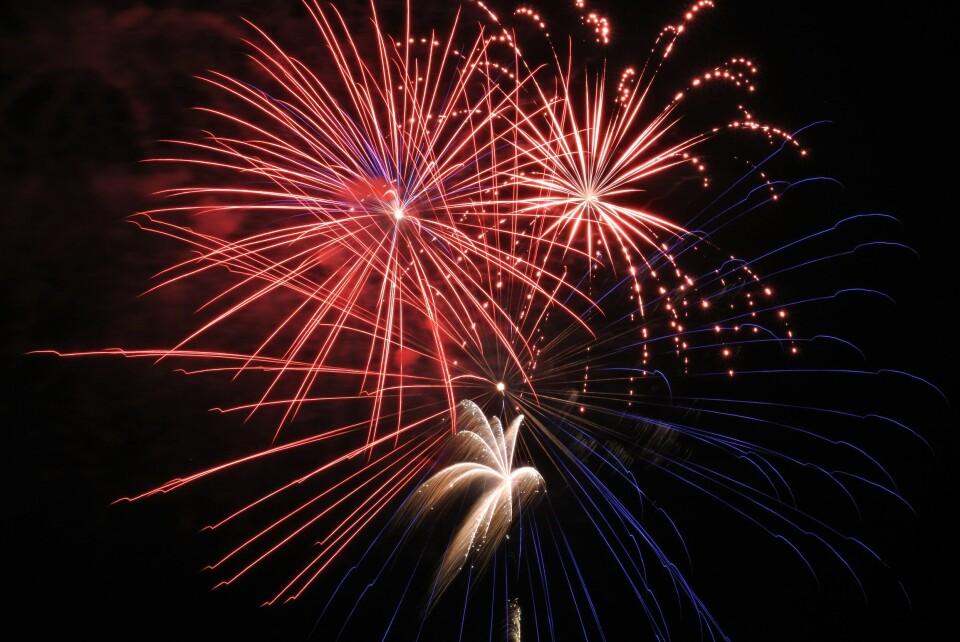-
French crisps brand gains global attention after Dua Lipa post
Singer posted photo of her shopping basket and the only food items were Brets crisps in braised chicken, honey mustard, and ‘Fromage du Jura’ flavours
-
Why supermarkets are urging shoppers to buy French leeks
Try our French classic leek vinaigrette recipe
-
New bill targets skiers under influence of alcohol or drugs
There are not currently any specific rules on skiing while under the influence
Health advisors call for New Year Covid restrictions in France
New Year celebrations pose a greater risk than Christmas gatherings of spreading Covid, le Conseil scientifique has said, as it suggests restrictions on larger events and parties

Health advisors to the French government are calling for significant restrictions on New Year celebrations in a bid to slow the spread of Covid and the Omicron variant.
Le Conseil scientifique, the government’s advisory body of health experts, has said that New Year represents a more dangerous risk than Christmas, which is usually a smaller, family-centric event.
It said it fears that many groups will gather and form many ‘mini clusters’ of the virus.
It has suggested two options for New Year:
- That people follow the same rules as at Christmas, and keep gatherings and festivities as small as possible (see more below)
- Government-mandated restrictions on gatherings, which may vary from department to department, or region to region
This could include introducing a limit to the numbers allowed, cancelling larger events, or imposing a curfew. Last year (2020), the government introduced a curfew and banned the sale of alcohol in a number of departments from December 31-January 1.
Christmas is likely to be less risky, le Conseil said.
However, its Christmas recommendations include:
- Keep numbers as small as possible
- Ensure older or vulnerable people have had their booster doses
- Everyone to do a home test or self-test a few hours before gathering
The Conseil said that the strength of its recommended measures would ultimately depend on the evolution of the virus and the Omicron variant, not only in France but in other highly-affected countries, including the UK.
Read more: France’s Omicron case numbers ‘probably hugely underestimated’
While France recorded 58,539 new cases confirmed in the past 24 hours (to December 18), the UK confirmed a record of 90,418 cases on the same day (Omicron and other variants included). More than 10,000 cases of Omicron have been confirmed in the UK so far.
Le Conseil has said that the UK is around two weeks ahead of France in terms of infections, so it is watching the country closely to see the effect that this rapid spread of cases is having on hospitalisations and deaths.
It comes as a leading French epidemiologist warned that France's Omicron case numbers are "probably hugely underestimated", and that the surge in infections seen in the UK could arrive in France within two to three weeks.
France has also announced that it will likely change the health pass to a ‘vaccine pass’, removing the option of a negative Covid test as a means to acquire the pass.
This would mean that full vaccination would be the only way to get a pass. The changes, if passed, are designed to combat the more-contagious Omicron variant, which Mr Castex said would likely become dominant in France in early 2022.
The plans are set to be debated in parliament in January.
Related stories
Why is New Year called the Réveillon de la Saint-Sylvestre?
Health pass should become vaccine pass, says French prime minister
France’s Omicron case numbers ‘probably hugely underestimated’
Arrivals from France to Germany must isolate in new ‘high risk’ rules
























